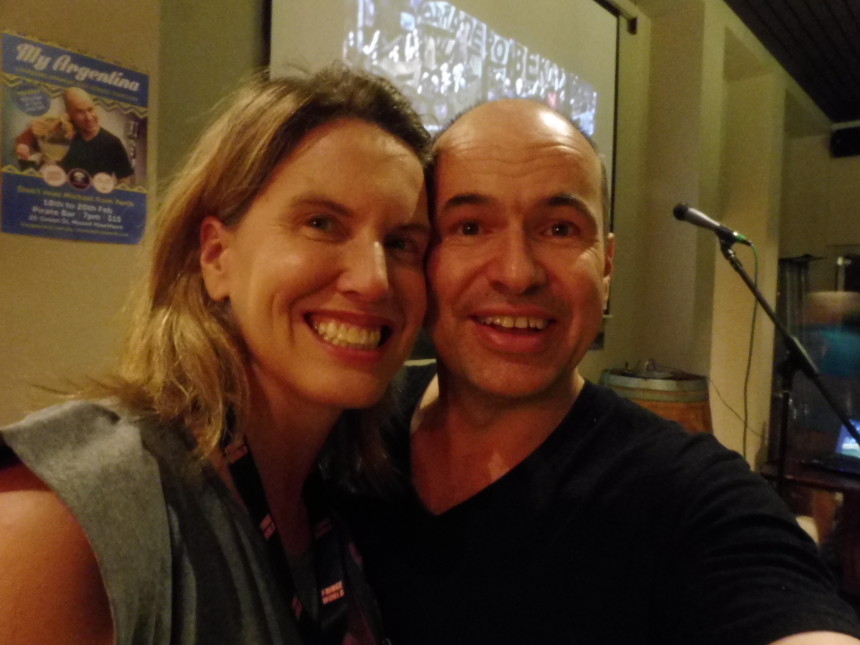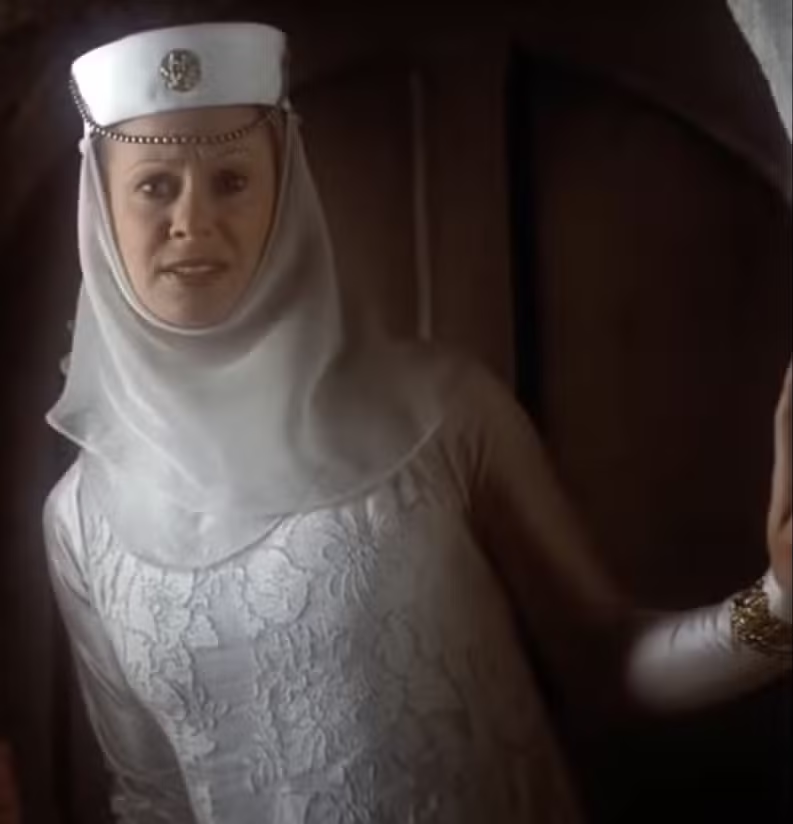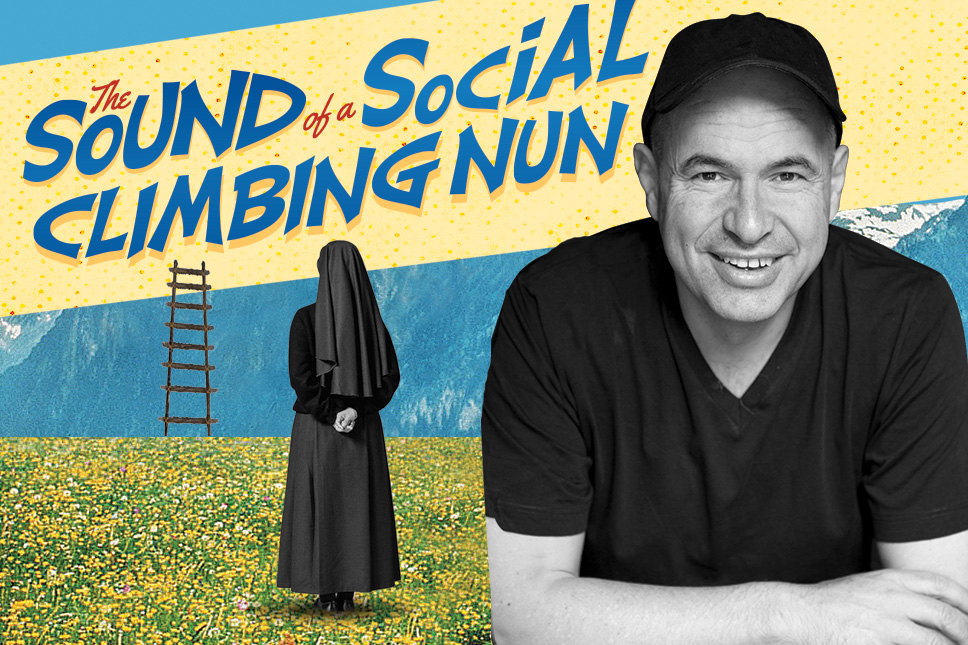
I planned to start this post by saying, ‘I’m not a prude.’ Within an hour, I heard John Cleese on YouTube claim that people who say they’re not prudes, actually are. So maybe I am a prude.
In 2019, I saw my friend Sharon Mahoney’s show at Fringe World. It had a four-letter word in the title, although she had to replace the letter u with * in her promotional material. It was nominated for an award (should have won), got great reviews and was entertaining and funny.
Nine years earlier, I sat in the Octagon Theatre at UWA, as Irvine Welsh read out a scene from one of his books. It seemed that every second word was rude, but he made it such an art form that he had everyone laughing.
Twenty-three years before that, in the same theatre, Austen Tayshus told a joke involving the f-word that I remember fondly.

But not everyone is like these three talented individuals. In my opinion, swearing often gets overused. If I’m at a comedy show, and I hear a sentence with a four-letter word, I play the sentence back in my mind without the word and ask myself – did the swearing make the joke or the story better? Sometimes it did; usually it didn’t. I’ve enjoyed plenty of shows in spite of the swearing, rather than because of it.
What about movies? It’s funny in Monty Python and the Holy Grail to hear a medieval maiden (well, not really a maiden) to say the s-word when Sir Galahad gets ‘rescued’. Part of the appeal of Monty Python’s Life of Brian is that the characters don’t speak in the contorted, polite way that’s common in biblical movies. The f-word accentuates that. Boys on the Side uses the c-word as a way of liberating Mary Louise Parker’s character. There’s further a pay-off near the end, when the character’s mother unexpectedly says it.

But these exceptions prove the rule. The f-word in the Grim Reaper scene in Monty Python’s The Meaning of Life doesn’t, in my view, add any value to the script. The funny (and most memorable) thing about that scene is the tinned salmon mousse. What about dramas? In The Godfather and The Godfather Part II (released in 1972 and 1974), Michael Corleone never says the f-word. A person who does evil things is more chilling if he’s polite. In The Godfather Part III (released in 1990), he uses that word liberally, and he’s not quite the same.
I grew up watching British comedy on TV in the seventies. I learned that things could be more powerful and make more of an impact if you didn’t actually say them, but alluded to them. One of my favourite clips in YouTube is a seven-minute montage of Mrs Slocombe’s pussy jokes from Are You Being Served?. In my own comedy show on Argentina, I showed the audience a slide of German chocolate for children. It was called Kunterbunt. That always got lots of laughter, but its effect would have been diluted if I’d dropped the c-bomb.

It’s easier to be subversive if you’re impeccably polite. In my comedy show The Sound of a Social Climbing Nun, I claimed that The Sound of Music contained amphetamines, class warfare, bitchy nuns, latent lesbian desire, closeted gay men, a harem, bondage, greed, re-born virgins, an unwanted pregnancy and cannibalism – plus something that, not long ago, was described in the WA Criminal Code as being ‘against the order of nature’.
In short, swearing in comedy can be effective, but I can’t think of any place in Shamelessly Seeking Attention where it would make the show better. Not having any swear words is also a bit of product differentiation on my part. Not everyone wants to hear those words. This is a show where you don’t have to.






